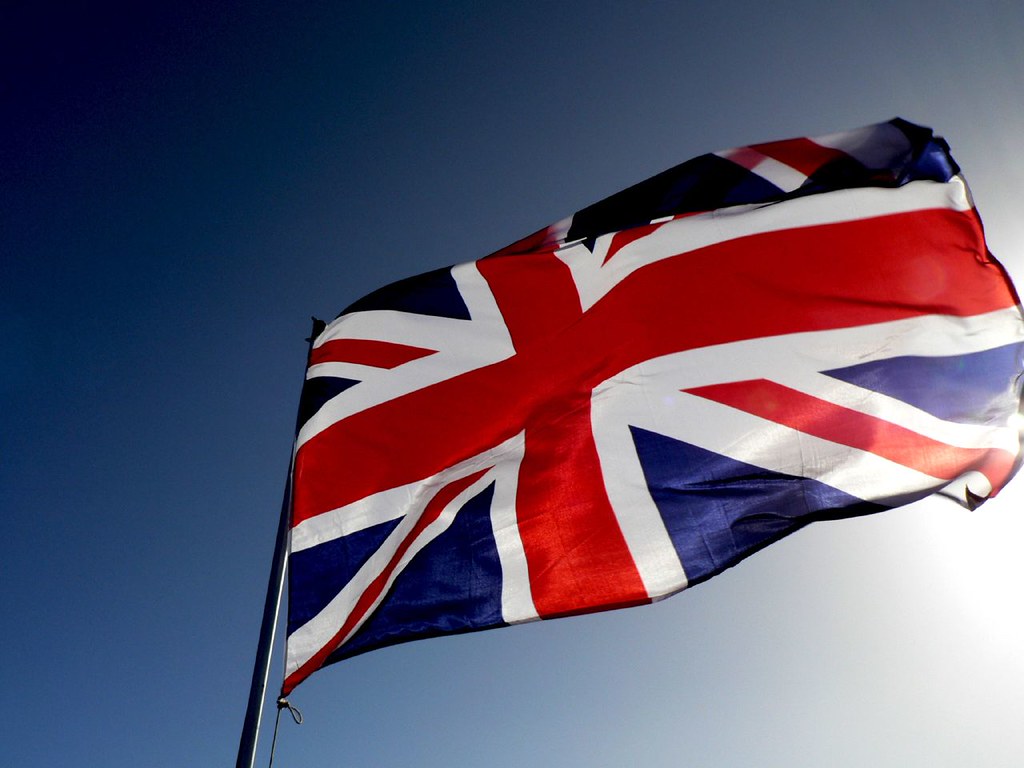Why does the UK think these seniors are terrorists?
How far can opposition to the war in Gaza go before it crosses a line? That question is now at the center of fierce debate in the United Kingdom after the government moved to formally designate Palestine Action, a direct-action campaign group, as a terrorist organization. The decision, announced by officials this week, marks one of the most dramatic steps taken in Britain against pro-Palestinian activism since the conflict in Gaza escalated last year.
Palestine Action has become known for its confrontational style of protest. Members have staged sit-ins, occupied factory rooftops, and vandalized property belonging to arms companies accused of supplying weapons to Israel. Their stated aim has been to shut down facilities connected to the production or transport of military equipment used in Gaza. While supporters argue the group is drawing attention to the UK’s complicity in war crimes, critics and government officials say their actions have gone far beyond legitimate protest and into the realm of criminality and intimidation.
Under the new designation, the group is banned outright. This means that anyone proven to be a member can face up to 14 years in prison. The ruling also extends to public expressions of support: displaying a banner, wearing clothing that promotes the organization, or even carrying a sign of solidarity could now be treated as a criminal offense. For activists and free-speech advocates, this raises urgent concerns about how far the government is willing to go in restricting dissent, particularly around such a politically charged issue.
Civil liberties groups argue that the move risks criminalizing not only disruptive protest but also legitimate expressions of political opinion. They warn that silencing activists will not end opposition to the war in Gaza, but instead drive it underground and increase polarization. Meanwhile, officials insist that the designation is necessary to protect the public and prevent further escalation of direct-action tactics.
As journalist Isobel Yeung reports, the decision has sparked anger among campaigners who say the UK is punishing citizens for standing against a war that has cost tens of thousands of lives. The broader question remains unresolved: when does protest against war cross into extremism, and who gets to decide where that boundary lies?
Source Image: CNN news
Source Video: CNN news




